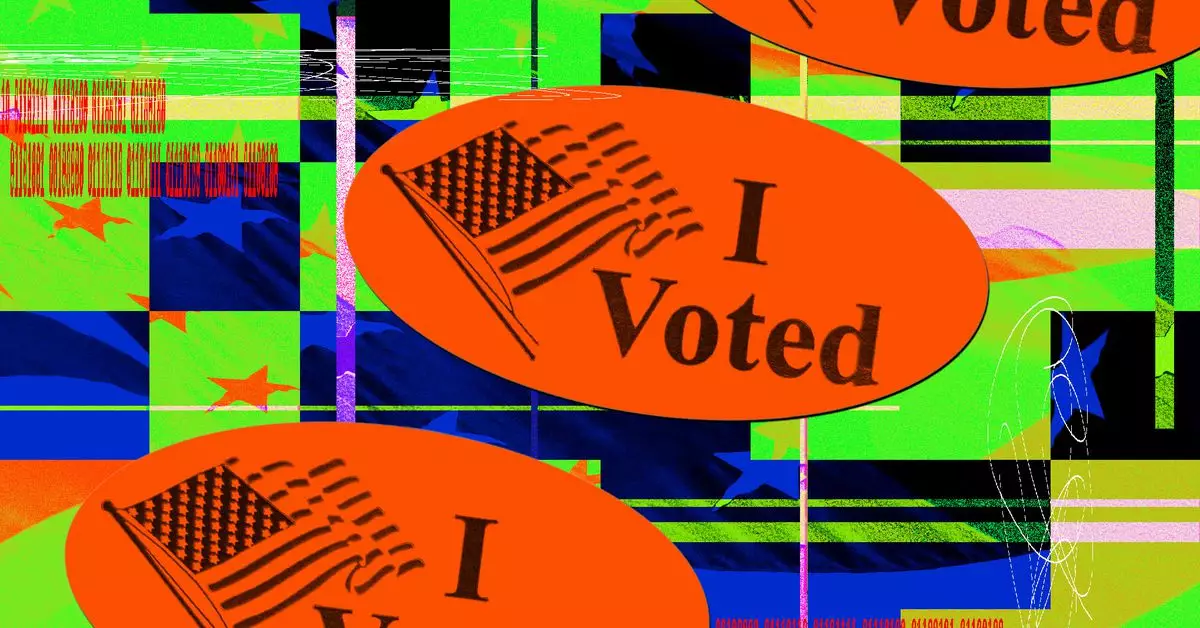In recent months, the U.S. government has escalated its efforts to combat foreign interference in its electoral processes, chiefly from organizations in Russia and Iran. The aim of these sanctions is clear: to protect the integrity of the democratic system and ensure that the upcoming 2024 presidential election is not undermined by foreign entities intent on sowing discord. This challenge is not new, but it has evolved, becoming increasingly sophisticated and alarming as advancements in technology allow for more insidious manipulation tactics.
Central to the latest findings is the Moscow-based Center for Geopolitical Expertise. This organization, which possesses links to the Russian military’s Main Intelligence Directorate (GRU), has taken the troubling step of developing its own artificial intelligence systems. By circumventing foreign web-hosting services deemed unreliable, they set up a platform designed to churn out disinformation at an unprecedented rate. This initiative reportedly encompasses a network of over 100 websites designed to disseminate misleading narratives aimed at American voters.
Moreover, the organization’s recent efforts have utilized manipulated video content to spread false accusations, such as those aimed at Vice President Kamala Harris’s running mate, Tim Walz. It raises significant questions about the efficacy of existing safeguards against misinformation and the role that modern technology plays in threatening democratic discourse.
Parallel to Russian disinformation efforts, the U.S. has also leveled sanctions against Iranian entities, notably the Cognitive Design Production Center, affiliated with Iran’s Islamic Revolutionary Guard Corps (IRGC). Their technology-driven operations are said to have been underway since at least the beginning of this year, illustrating that the threat of election interference is widespread and persistent. Recent indictments from the U.S. Department of Justice against Iranian nationals reveal a multifaceted approach to undermining electoral integrity. These individuals were accused of orchestrating a cyberattack against political campaigns, further exemplifying the diverse strategies employed by foreign actors.
In response to these growing threats, U.S. officials have emphasized the need for vigilance. Bradley Smith, the Acting Under Secretary of the Treasury for Terrorism and Financial Intelligence, underscored this point by stating the clear intent behind these hostile acts: to divide the American populace and disrupt the bedrock of democracy. The challenge that lies ahead is not solely in addressing these external threats, but in fostering a media ecosystem resilient to manipulation and misinformation.
As the 2024 election approaches, the importance of understanding and combating foreign disinformation cannot be overstated. Educational initiatives focusing on media literacy, alongside vigorous law enforcement efforts against foreign interference, are crucial in safeguarding the integrity of American democracy. It is clear that a united front—both from governmental and civic stakeholders—is required to counteract these malicious efforts designed to distort reality and erode trust within the electoral system. Unquestionably, the integrity of elections in the digital age is a complex issue, but it is one that must be confronted with vigilance and resolve.


Leave a Reply